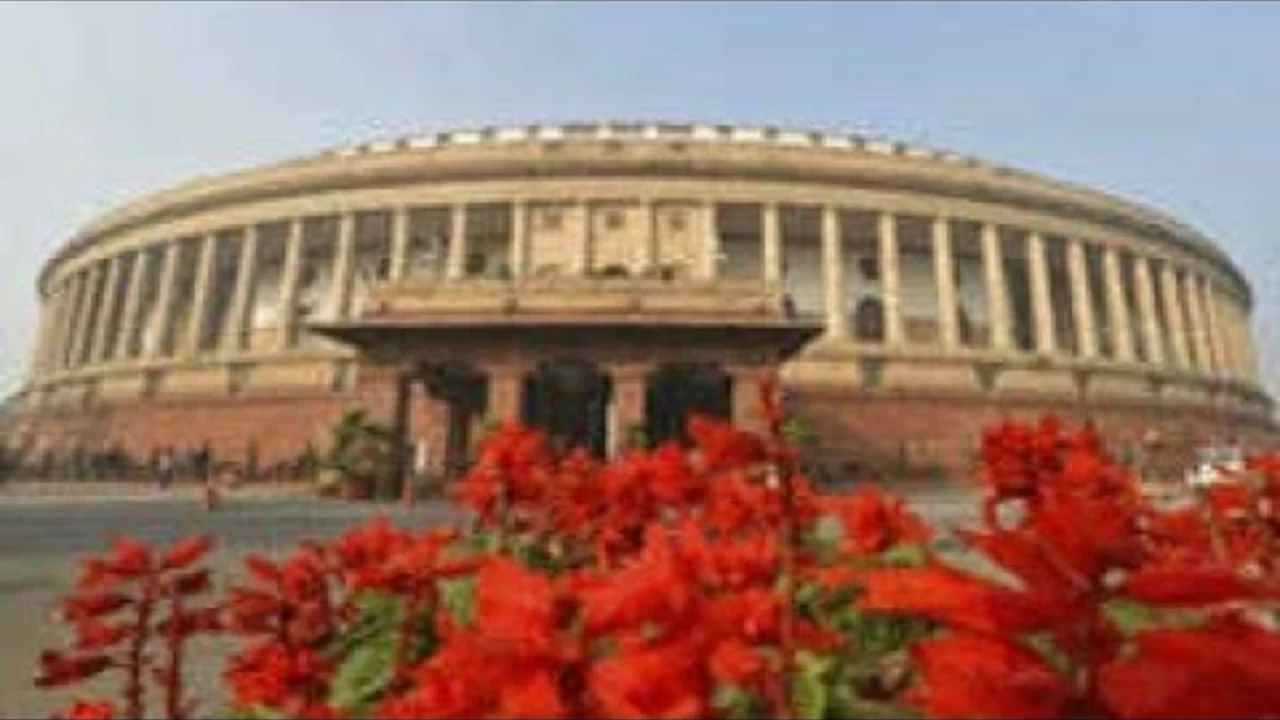India’s Parliament is where the biggest decisions about our country are made. Whether it’s a new finance bill, a climate policy, or a debate on education, the outcomes affect daily life. With the recent session kicking off, you probably wonder where to get real‑time updates without wading through endless news feeds. This guide gives you the basics of what Parliament does and the simplest ways to stay in the loop.
The Parliament has three core jobs: making laws, checking the government, and representing the people. When a bill is introduced, it goes through debates, amendments, and votes in both the Lok Sabha and the Rajya Sabha before becoming law. The opposition’s role is to question ministers, demand transparency, and push for better policies. Finally, each member brings the concerns of their constituency, ensuring diverse voices are heard at the national level.
Most people think you need a TV subscription to watch proceedings, but that’s not true. The official Parliament website streams both chambers live, and you can pause, rewind, or watch on your phone. Apps like MyParliament and various news portals also push notifications for key moments—like a vote on a major bill or a question hour. Social media handles of the Lok Sabha, Rajya Sabha, and individual MPs give quick snippets and behind‑the‑scenes insights.
Another easy trick is to subscribe to email digests from trusted sources. They summarize the day’s highlights, list bills under discussion, and often include links to the full transcripts. If you’re a visual learner, YouTube channels dedicated to Indian politics break down complex debates into short, digestible videos.
For deeper engagement, consider joining a citizen forum or a local watch group. Many NGOs host weekly chats where they explain what was voted on and why it matters. These sessions usually welcome newcomers and answer any questions you have about the process.
When a bill catches your interest, you can read its full text on the Parliament’s portal. Look for the “Bill Tracker” feature – it shows every amendment, the voting record, and which MP raised an objection. This level of detail helps you form an informed opinion and even contact your representative if you want to share feedback.
Speaking of contacts, most MPs list their email and office phone numbers on the Parliament site. A short, respectful message about a bill you care about can go a long way. Politicians often reply, especially if you’re clear about the issue and suggest a constructive change.
Finally, remember that Parliament’s schedule isn’t static. Sessions are usually held three times a year, with occasional emergency meetings. Mark the calendar for the “Budget Session” in February‑March and the “Monsoon Session” later in the year – these are when the most impactful legislation lands on the floor.
Bottom line: staying updated is easier than it used to be. Use live streams, apps, newsletters, and direct outreach to turn the big, sometimes confusing world of Parliament into something you can follow and influence. Your voice matters, and now you have the tools to make it heard.

Today marks the commencement of the second leg of the Budget Session. It's an exciting time as we anticipate key discussions and decisions that could shape the future of our economy. As a keen observer, I'll be following the debates closely to see how our leaders plan to address the nation's financial concerns. It's a crucial time for our government and it will be interesting to see what strategies they have in store. Stay tuned for updates and let's hope for some positive changes for our country.
READ